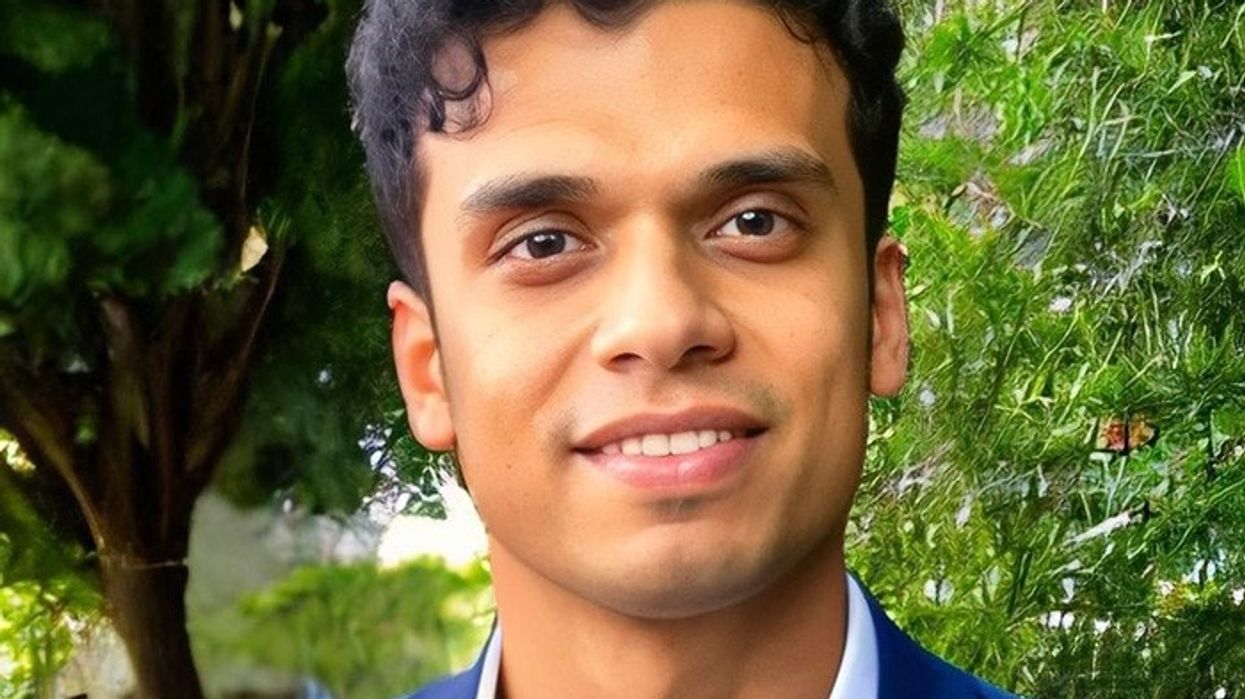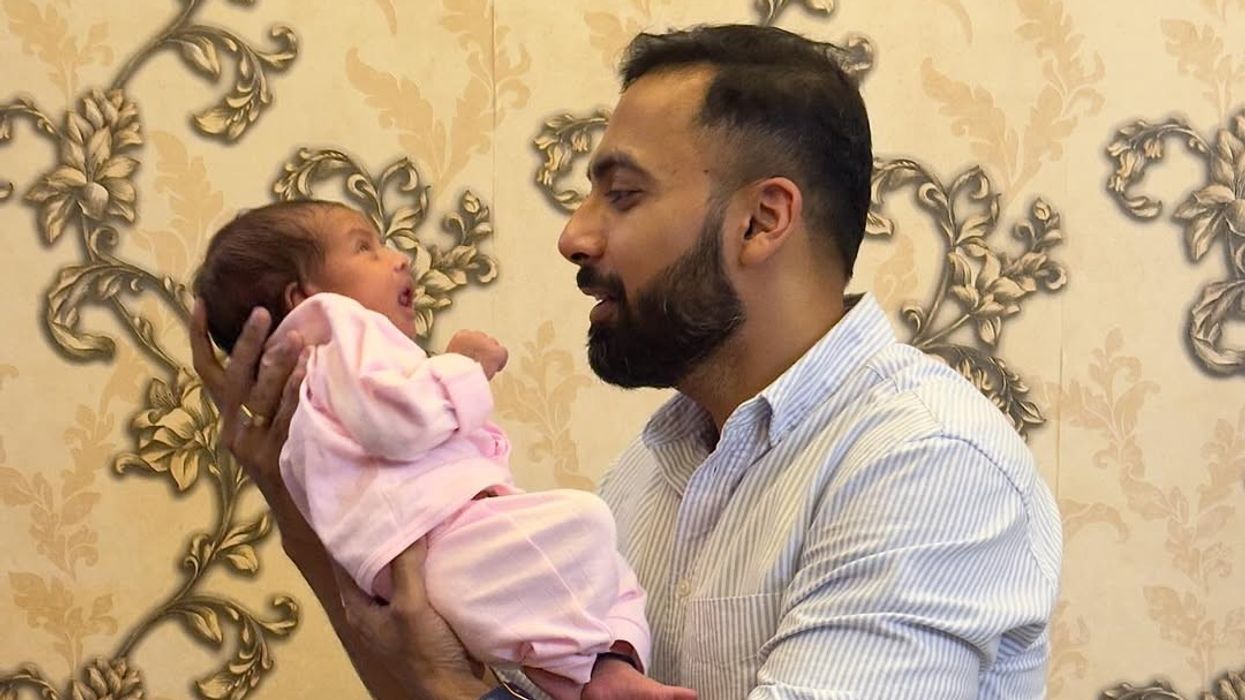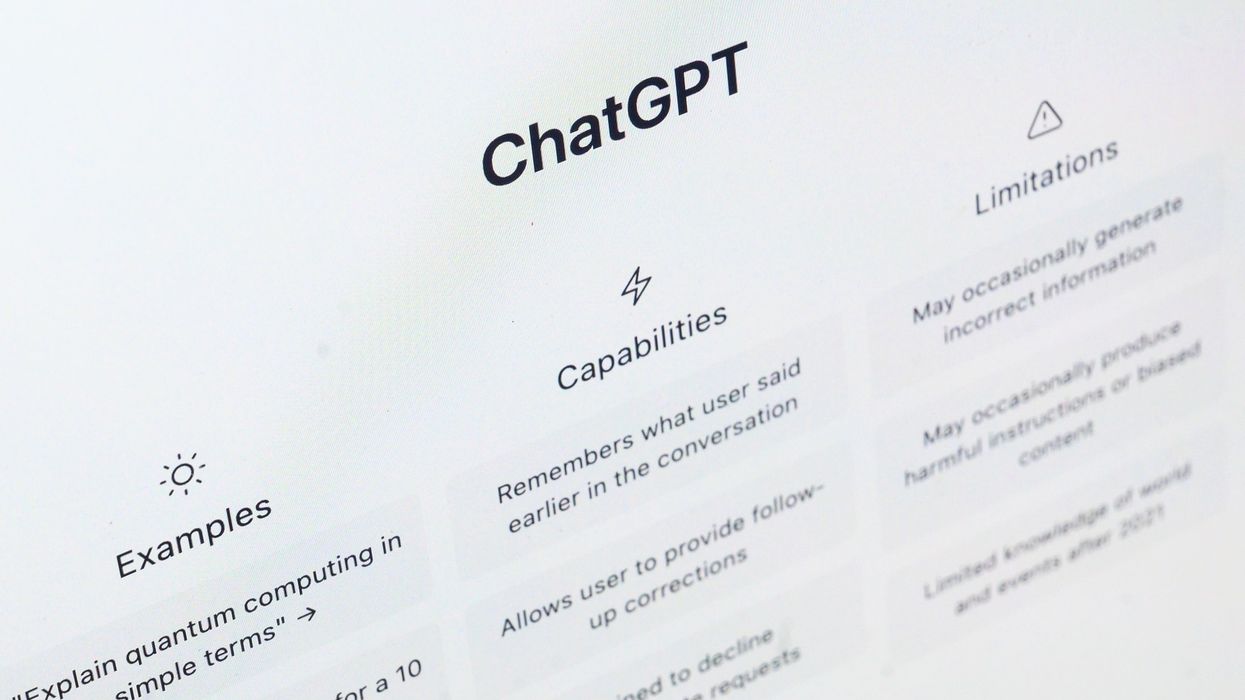Highlight:
- Harsh Varshney, Google machine learning engineer, shares insights with Business Insider.
- Says AI has turned days-long engineering tasks into hours.
- Generative AI has shifted from niche to core skill since 2017.
- Tech industry now emphasizes agility, results, and faster execution.
- Engineers expected to build intelligent, not just functional, systems.
Harsh Varshney, a Bay Area-based machine learning software engineer at Google, recently shed light on how AI is fundamentally reshaping the tech sector and the lives of software engineers. In an interview with Business Insider, Varshney emphasized that the world of Big Tech is now far more dynamic and results-driven compared to just a few years ago.
Traditionally, software development followed long planning phases and multi-week sprints, relying on slow, methodical execution. However, Varshney notes, today’s environment values agility and speed, rewarding those who can swiftly bring impactful ideas to fruition.
AI: From niche to indispensable
Reflecting on his journey that began in 2017, Varshney describes AI’s meteoric rise: “Back then, AI was a niche field,” he recalls. “Today, it’s built into almost everything—it’s a core skill.” For Varshney and his peers, the role of a software engineer has shifted from merely writing code for applications to designing and building intelligent systems that power those applications. This shift demands technical fluency in machine learning, data science, and newer fields like agentic AI. The explosion of generative AI has made expertise in these disciplines not just desirable, but indispensable.
Greater expectations, shorter turnaround times
AI is now tightly woven into the workflow of tech professionals. “AI tools now shape how I debug, experiment, and optimize, turning workflows that once took days into hours,” Varshney explains. Software engineers are no longer judged merely on functionality; they’re expected to deliver solutions that are efficient, robust, and “smart.” The exponential rise in productivity also comes with raised expectations—companies are seeking engineers who are comfortable innovating at the intersection of software and intelligence, delivering faster results than ever before.
The new rules of data and innovation
A major transformation, Varshney observes, is in the management and utilization of data. “The rules of data have fundamentally changed,” he asserts, noting that intelligent algorithms enable faster, more powerful experimentation and feedback loops. AI is rapidly automating routine tasks, freeing up engineers to focus on more complex, innovative problem-solving. The competitive edge now lies in knowing how to use AI as both a builder—developing novel models and systems—and as a power user—leveraging AI tools for rapid prototyping, debugging, and scaling products.
A career path of constant learning
Varshney’s background reflects this evolving tech ethos: with a bachelor’s in electrical engineering from BITS Pilani and a master’s in computer science from Carnegie Mellon University, he worked at Flipkart, Amazon Web Services, and Splunk before joining Google. His journey underscores the ongoing need for software engineers to upskill continuously and embrace new technologies, especially those rooted in AI and machine learning.
Advice for the next generation
For new engineers, Varshney advises developing strong computer science fundamentals while building real projects to demonstrate impact. Mastery of AI, both as a system builder and user, is crucial, along with adapting to the ever-increasing pace of change.
AI’s rise has not just transformed how code is written and deployed—it has redefined what it means to be a software engineer, making the job faster, more creative, and more directly tied to intelligent outcomes.
















